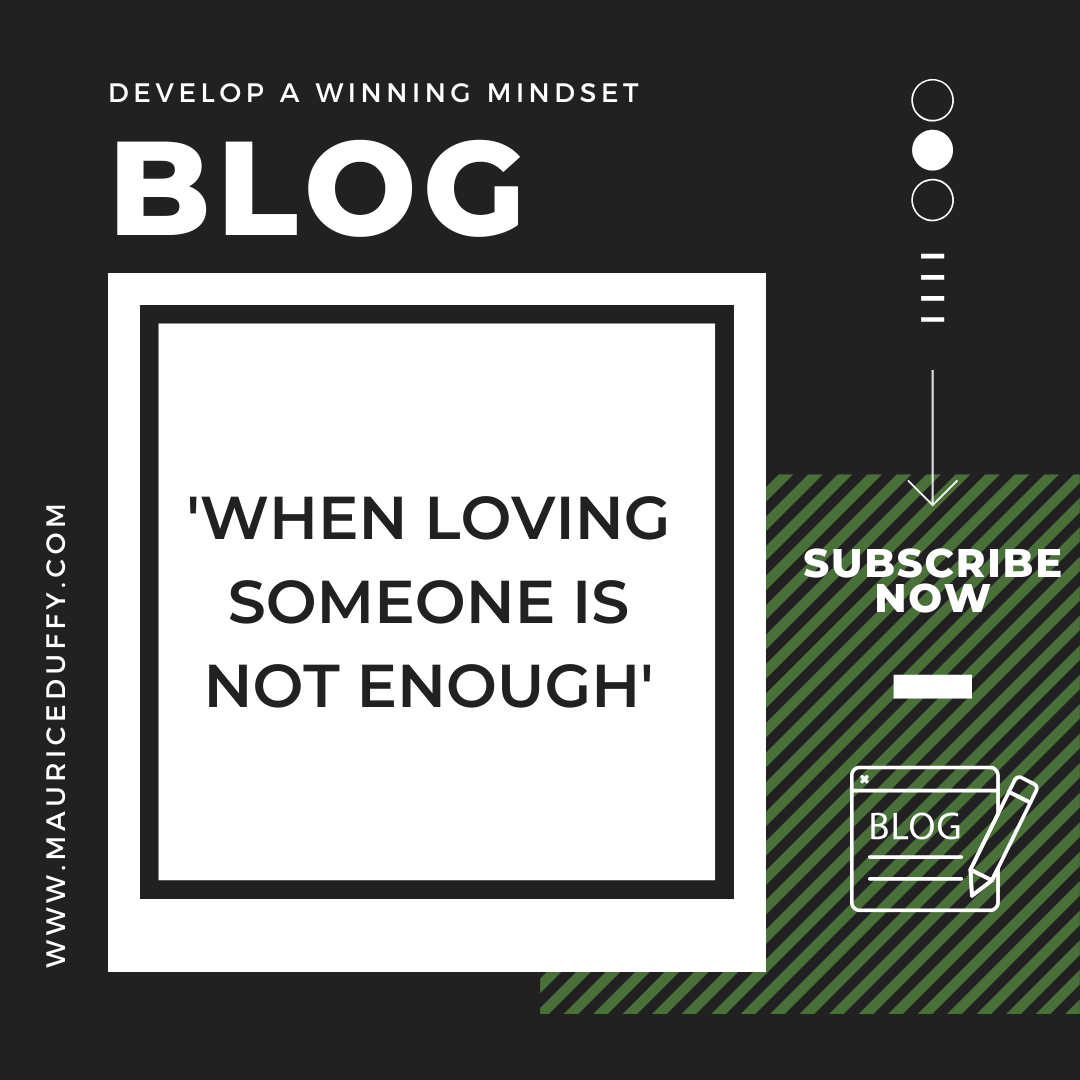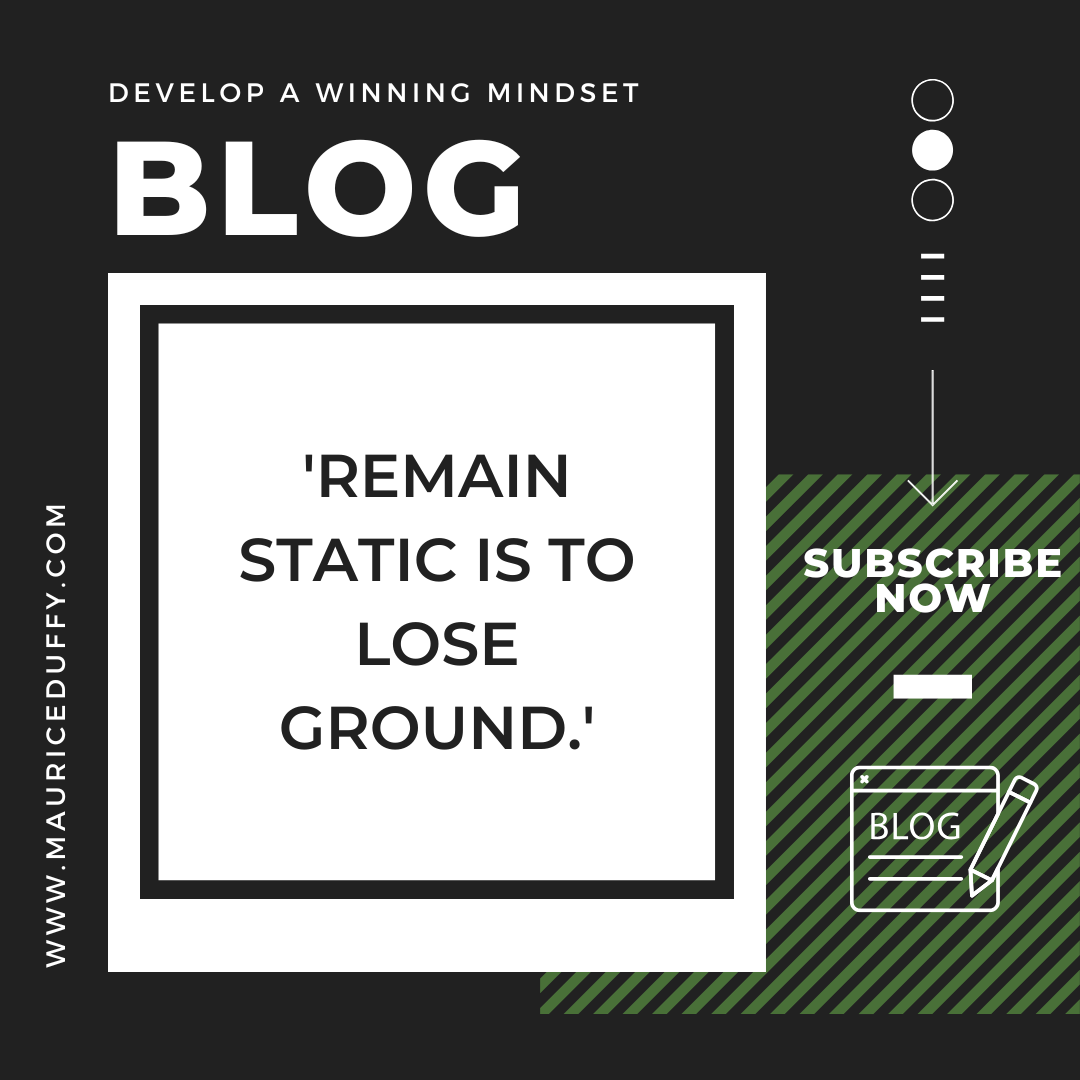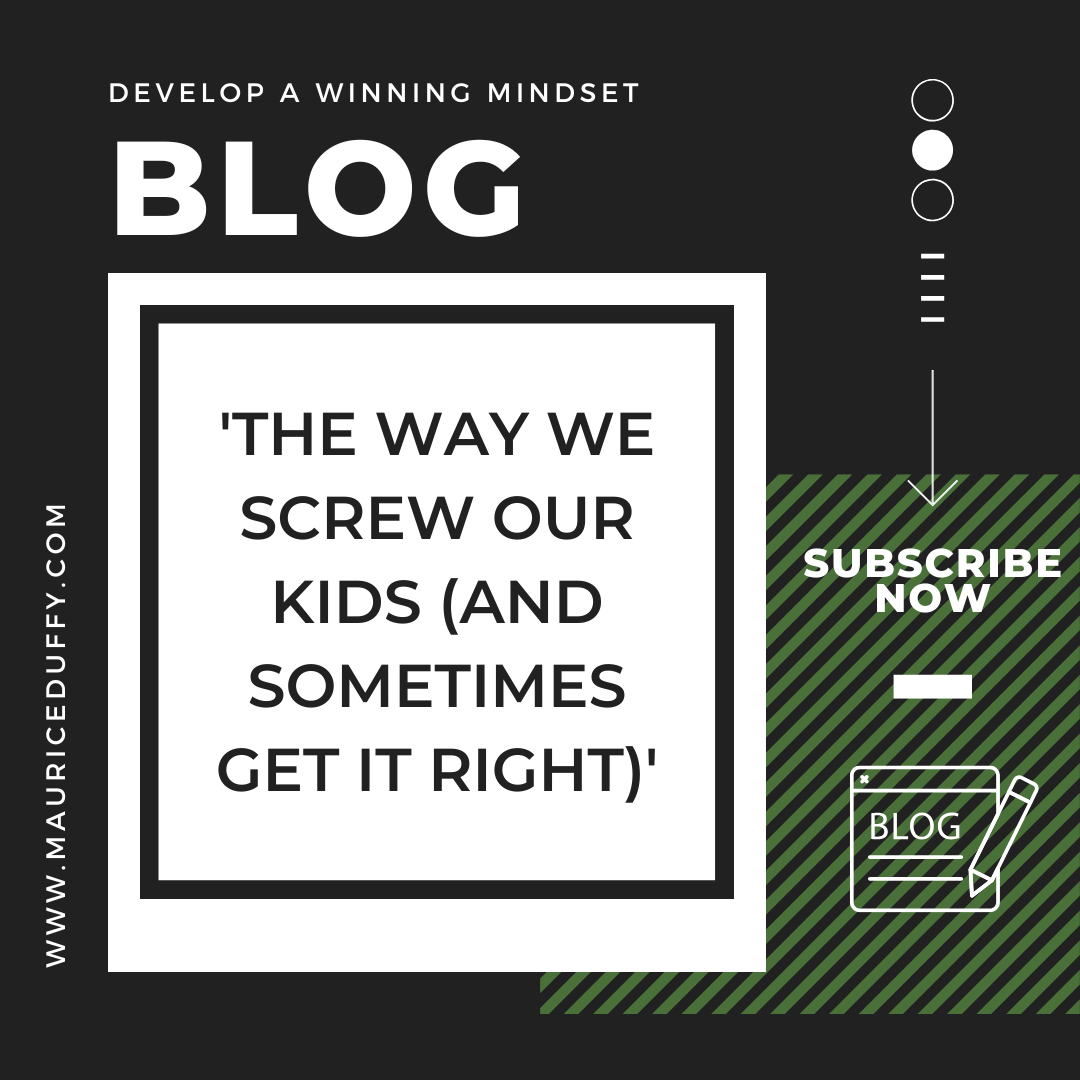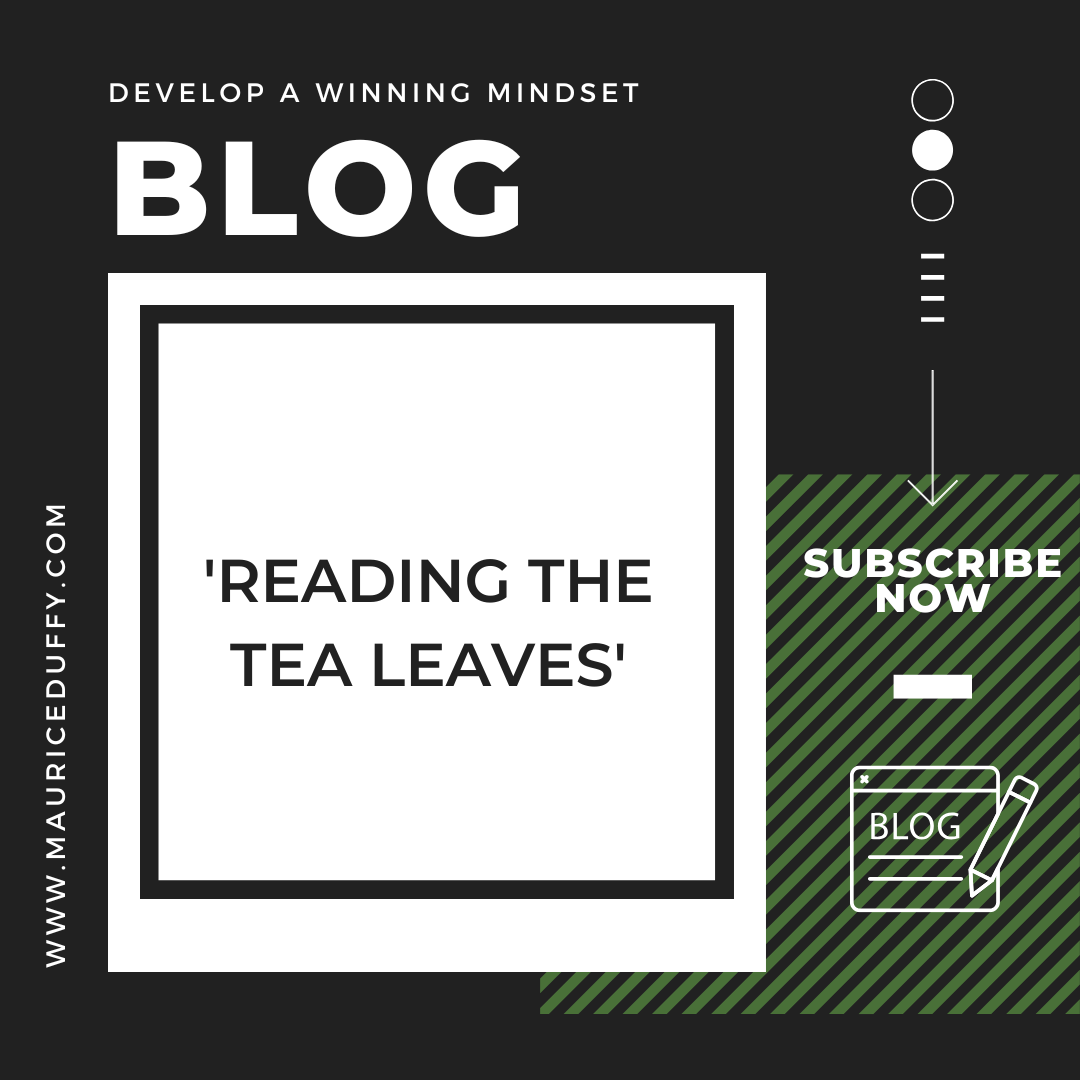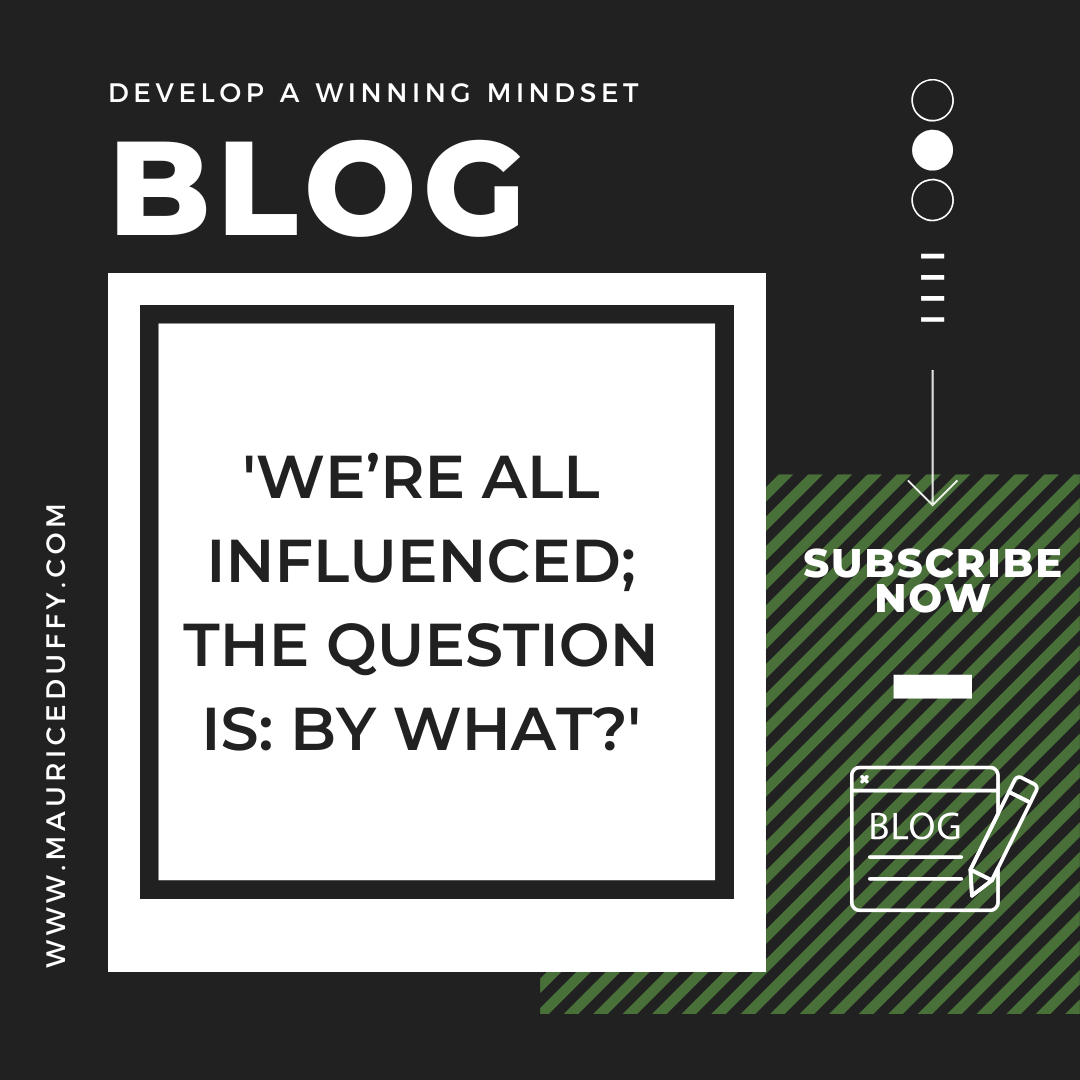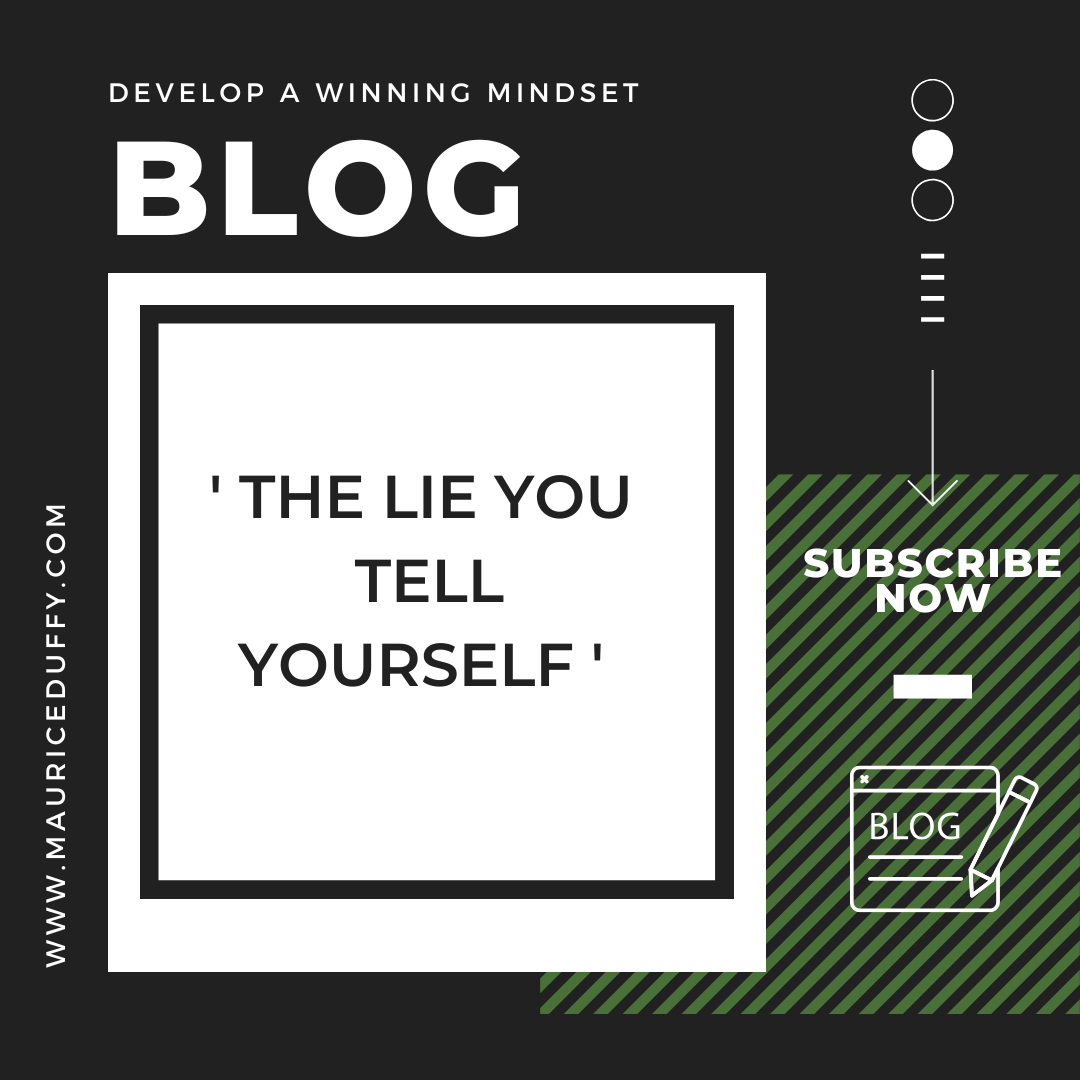True Lies
When the mind is speaking without permission, it’s lying.
When I watch Would I Lie to You on TV, I always try to work out if the story I am being told is a lie, or the truth. I have to admit that I am always just guessing. Some people are just so good at lying.
We live in a world where lying has become the norm. Indeed, there are now fact checking organisations to uncover the fabrications often presented by business, politics or in press releases by organisations. I love that quote: ‘You are entitled to your own opinion, but you are not entitled to your own facts.’ Of course, it’s not just political figures or business leaders who have the monopoly on lying. Lies happen in most homes, whether it’s the little boy standing over the smashed vase saying ‘It wasn’t me’, or the teenager proffering a story for why they were two hours late home last night. The reasons behind many lies are complicated. Sometimes it’s to protect the liar from being punished, or to protect someone else from punishment. The lie might be to avoid being embarrassed, to hide an awkward situation, or to simply have others think better of the person telling the fib.
Such lying isn’t admirable, but it’s not hard to understand why it occurs. It’s harder to fathom why some people tell lies with no clear purpose, when the lies are usually easy to disprove. Researchers say there are various reasons why some people lie compulsively.
So, are people insensitive to falsehoods? Do people accept lying and what makes us lie. Do people no longer care about truth? The answers to me are nuanced and rest on the distinction between our conventional understanding of honesty and the notion of ‘authenticity’. The main element of honesty is factual accuracy whereas the main element of authenticity is an alignment between the public and private persona of a person.
Someone asked me recently, ‘Do I look fat in these clothes I’ve just bought?’ Well, actually, they were a bit chubby, obese even, but I am certain they didn’t want to hear that. So, I lied through my teeth and said ‘No, you look great. In fact, I thought you had lost weight.’ Is that lying?
Now the average person tells four lies a day, 1,460 a year and 87,600 by age of 60. You know 60 percent of the human body may be made of water, but over 80 percent of the human mind is made of stories and the lies we tell are hidden in our stories.
Few people ever come to realise that their entire life has been driven by what goes on in their mind, and therefore the lies they tell themselves, and others, matter. A mind that is full of conclusions is a dead mind and will result in many lies as we fight for our own conclusions.
But there are various forms of lying, and I can categorise them here:
- People lie to make themselves feel good about themselves. To make them feel better, funnier, smarter than others.
- The lie does matter… to them. While everyone around them thinks it’s an inconsequential issue, the liar believes it is critically important.
- Telling the truth feels like giving up control. Often, people tell lies because they are trying to control a situation and exert influence towards getting the decision or reaction they want.
- They don’t want to disappoint you. It may not feel like it to you, but people who tell lie after lie are often worried about losing the respect of those around them. They want you to like them, be impressed, and to value them.
- It’s not a lie to them. When we are under pressure, when our behaviour is being challenged, repetitive liars can feel so much pressure in the moment that their memory becomes simply unreliable. When they say something, it’s often because they genuinely believe, at that moment, that it is the truth.
- They want it to be true. The liar might want their lie to be true so badly that their desire and needs again overwhelm their instinct to tell the truth.
- O what a tangled web we weave when first we practice to deceive. Lies grow. If a chronic liar admits to any single lie, they feel like they’re admitting to being a liar, and then you’ll have reason to distrust them. And we do it partly lying out of practice and partly habit. It requires an effort to speak truth.
Why is being honest important? Being honest with yourself is the key to living your life to the fullest:
- It makes your life easier.
- It makes you more reliable.
- It shows respect for others.
- It strengthens relationships.
- You avoid hurting others.
- It shows bravery.
- The worst truth is better than the best lie.
- If you never lie you never have to lie.
When people cheat in any area of their lives, they diminish themselves – they threaten their own self-esteem and their relationships with others by undermining the trust they have in their ability to succeed and in their ability to be true. Even a tiny bit of deceit is dishonourable when it’s used for selfish or cowardly reasons. It’s vital not to lie – because the same people who believe your lies believe in you.


